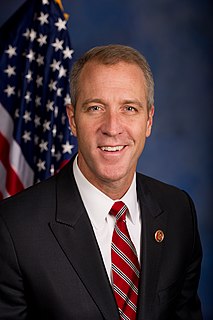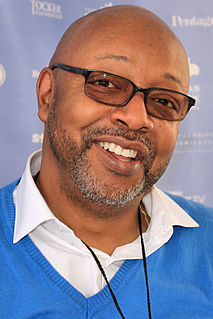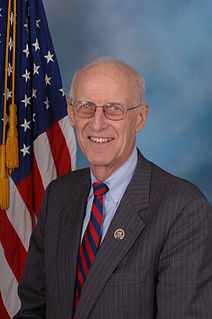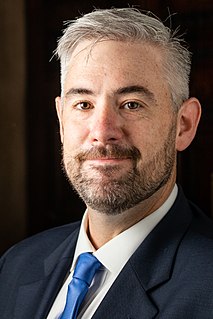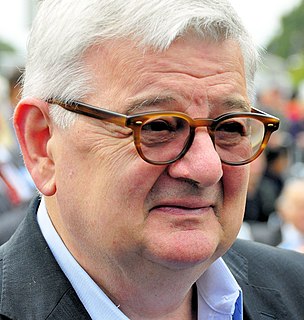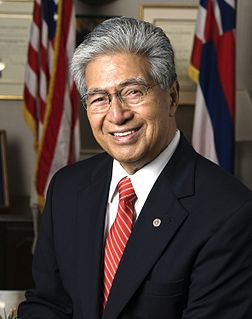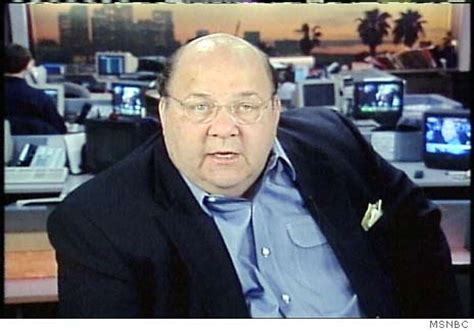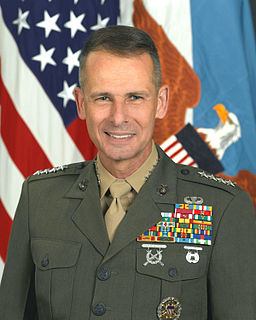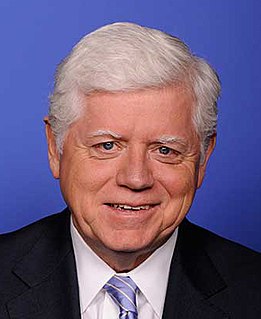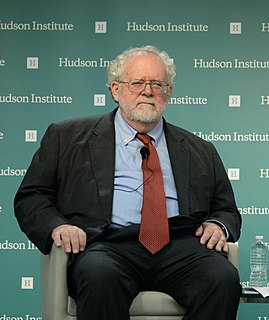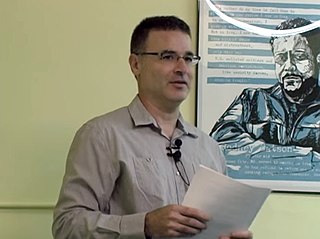Top 1200 Iraq War Quotes & Sayings - Page 2
Explore popular Iraq War quotes.
Last updated on November 25, 2024.
It is not the conservative psyche that needs analysis. Conservatives were right in the Cold War --so right that liberals are pretending they were with us all along -- and they are right about Iraq. It is Leftists who need to account for their consistently disgraceful positions throughout the Cold War and into the War on Terror.
I think, while it is true that the Hillary Clinton and I voted differently on the war in Iraq, what is important is that we learn the lesson of the war in Iraq. And that lesson is intrinsic to my foreign policy if elected president, is the United States cannot do it alone. We cannot be the policeman of the world. We are now spending more I believe than the next eight countries on defense. We have got to work in strong coalition with the major powers of the world and with those Muslim countries that are prepared to stand up and take on terrorism.
I want to break up the Wall Street banks. Hillary Clinton doesn't. I want to raise the minimum wage to 15 bucks an hour. She wants $12 an hour. I voted against the War in Iraq. She voted for the War in Iraq. I believe we should ban fracking. She does not. I believe we should have tax on carbon and deal aggressively with climate change. That is not her position.
The latest developments in Iraq are deeply troubling, but as the United States considers military and diplomatic responses to the actions of the Islamic State in Iraq and Syria (ISIS) action, we should be clear that U.S. troops on the ground cannot go a million miles near a sectarian civil war-it's simply not an option.
It is said by Bush men and women that we fought (the Iraq War) to strike against terrorism - except that Iraq had no documented role in the Sept. 11 attacks. It is said that we fought from a moral objection to tyranny - except that we don't seem all that troubled by tyrants in nations that lack huge oil reserves. Everything is said except the truth: that we rushed into an unnecessary war on a half-baked mission. And that the repercussions of our hubris will shadow us for years.
President Bush had an opportunity tonight to say, 'Look ... things aren't going very well in Iraq and we did make some miscalculations and misjudgments there,' but he is so stubbornly arrogant - he just sticks with that same formula that he has in talking about the war on Iraq that just defies the reality that we all see on the ground.
I was a businessman. I was a real estate man and a businessman. That was the first time I think that question was ever even asked of me. That was long before the war took place. Joe Scarborough just released something yesterday more on point, much nearer. He put out a tweet saying that you know, "Trump is right, look what he just said." So you have to take a look at that. But regardless. The war in Iraq was a disaster. It was probably the worst thing. If you look at the Middle East now, all started because of that horrible decision to go into Iraq.
The Nisour Square shooting is a signature point in the Iraq war, one that inflamed anti-American sentiment abroad and contributed to the impression that Americans were reckless and unaccountable. The Iraqi government wanted to prosecute the security contractors in Iraq, but the American government refused to allow it.
It was Harry Patch, who was the last living World War I veteran; and by veteran I mean someone who actually fought in the war, he didn't just happen to be in the army at that time, in the Great War. And when the Iraq War started, he was interviewed, and they said, well what do you think of this? And he said, in a very sad voice, "Well, that's why my mates died. We thought we were going to end all that sort of thing."
There is a clear and strong link between the economy's present woes and the Iraq war. The war was at least one of the factors contributing to rising oil prices - which meant Americans were spending money on imported oil, rather than on things that would stimulate the american economy. Hiring Nepalese contractors in Iraq, moreover, doesn't stimulate the American economy in the way that building a school in America would do - and obviously doesn't have the long term benefits.
The war in Iraq, specifically America's role of leadership in this war, is a painful invitation to ask ourselves what, if anything, we've learned from previous wars. I am revolted by the brutal killing of hundreds of thousands of innocent people during any war. And I'm saddened by the apparent inability of human beings to find less violent solutions to conflict and terrorism.
World War II was really unusual, because America was in the Great Depression before. So the war did help the US economy to get securely out of this decline. This time, the war [in Iraq] is bad for the economy in both the short and long run. We could have spent trillions in research or education instead. This would have led to future productivity increases.
It is not just the vulgar, premature bawdiness of pro-war triumphalists which I find revolting. It is that they accuse anti-war people of being uncaring about the people of Iraq, and the lack of concern that these proponents of war show for the bodies of the killed and those maimed and injured by their invasion.
It was a failure of citizenship of the American people that the Bush cabal was allowed to invade Iraq. Thus, every U.S. citizen who is not doing everything in their power to end this illegal and immoral occupation as quickly as possible is complicit with the war crimes being committed in Iraq on a daily basis.


